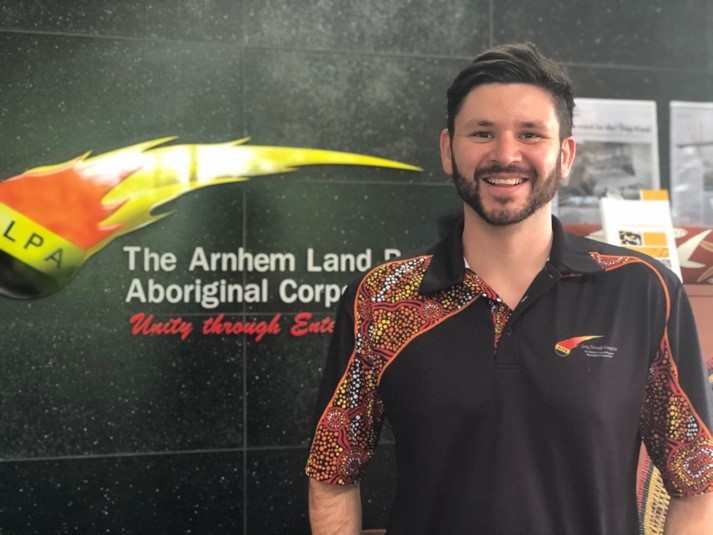The fleet management industry has such a diverse range of people and roles, and everyone has a unique story of their journey in our industry. This month we talk to Chris Campbell, Fleet/Asset Manager – The Arnhem Land Progress Aboriginal Corporation, Darwin, Northern Territory. The businesses operate in Aboriginal Communities throughout the Northern Territory and the Cape / Islands of Far North Queensland.

FI: How did you get started in fleet and plant, and what was your first job in the industry?
CC: This is my first real role concentrating solely on fleet, I have been at ALPA for over 3 years now, however previous to this I was a Branch Manager in Vehicle Rental which shares some similarities.
FI: Tell us about your role and the kind of fleet and plant you manage.
CC: I manage a fleet of over 280 items, these range from small trailers and utes to forklifts, heavy plant equipment, trucks and buses. The environment that we operate these vehicles in – heat, humidity, poor road conditions, torrential wet seasons and little mechanical support – bring many challenges and scenarios to the role which are unheard of in mainstream Fleets in terms of vehicle care and reliability. I am a team of one so there is a lot to manage and oversee which makes this role very hands-on and varies day to day.
FI: What’s the favourite part of your job?
CC: Due to the location of these vehicles, they can regularly be a 4-hour charter flight away from the nearest mechanic/workshop, making the servicing and repairs a huge challenge. I really enjoy troubleshooting the issues with the team on the ground in the community, then liaising with my mechanics and sending them to site to repair. It is a huge relief when we troubleshooted correctly and the item gets repaired. The vehicles in these remote communities can sometimes be a vital lifeline, so it is crucial we keep everything running smoothly with as little downtime as possible.
FI: What are some of the biggest challenges you see facing fleet professionals this year and beyond?
CC: For us operating in remote areas, I believe the biggest challenge in these times is going to be logistics. Not just of the vehicles but of people too. If we see a return of biosecurity areas, the ability to send trades out to site and move vehicles around becomes tougher, which leads to delays in repair times and servicing.
FI: How do you think the fleet department can make sure it has buy-in and support from the rest of the organisation?
CC: Facts and figures leading to justification has been key for me. Before my time here, the fleet was made up of some questionable marques which were really not suitable for our conditions. So, the above were all key to making the organisation see the light and purchase more expensive yet suitable vehicles, which have proven to save in the long run.
I feel in my role it’s important to have honest conversations with the teams in the field to truly understand what they need and want from their vehicles.
In my experience, when a team member has been given a vehicle they actually want and have had an input in the decision-making process, they are more inclined to look after and take pride in the vehicle. In remote locations, this can make a big difference to repairs and maintenance.
FI: If you weren’t in the fleet industry, what would you be doing?
CC: Before I came to Australia (UK born and raised) and began working in the Rental / Fleet Industry, I was working in the Motorsport sector and my studies actually revolved around Motorsport too. When I first came here I had the vision I would follow that career path into Supercars, so I think I would have been keen to follow this journey.
Would you like to share your story as a fleet practitioner with others in the IPWEA FLEET community? If so, then please email your interest to the editor.